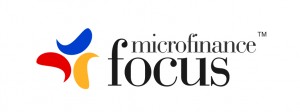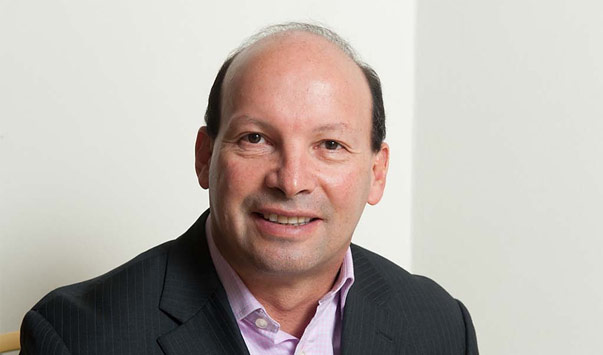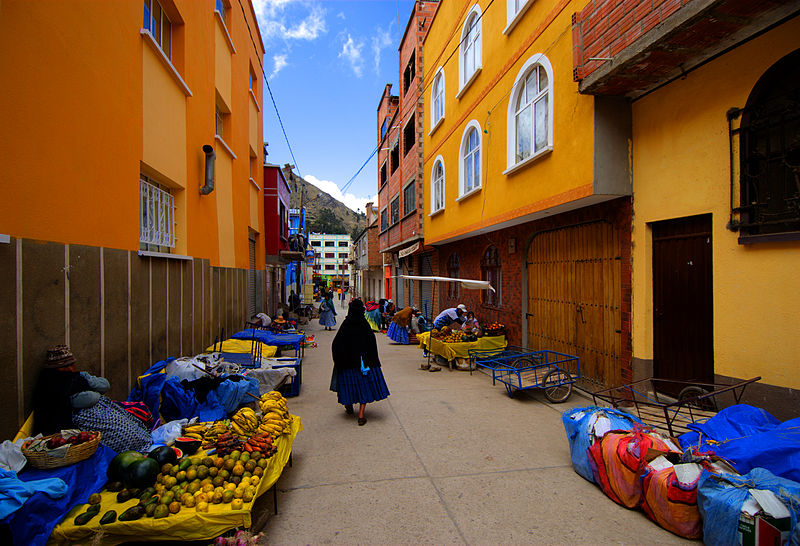Harnessing the Potential of Informal Markets
BancoSol is a Bolivian success story. Established in 1986, it offers a full range of financial products, and is a true industry leader. It has 600,000 depositors, 200,000 borrowers, and a loan portfolio representing 25% of the countrys total microfinance market all that in a population of just 11 million. In this article, CEO Kurt Koenigsfest shares BancoSols successes and challenges, as well as his vision for the company in a changing landscape.
Can you tell us about Bolivia and your market?
“We are a country of merchants – we buy and sell everything! This is a dominant aspect of our culture. We are a large exporter of oil, minerals and agricultural products. In the last six years, GDP per capita has tripled to USD 3000. What’s particularly interesting is that Bolivia operates a very large, informal market. Most enterprises are small, family-owned and run, and are handed down from one generation to the next. They don’t pay taxes or have pension funds. This market is very significant for the Bolivian economy and for BancoSol – it’s our target market.”
Aren’t you facilitating the informal market?
“No, I don’t see it that way. Our clients are surviving and they wouldn’t do this in a formal market because they either don’t have the size, the commodity, or the volume of sales. Bolivia is a poor country and what we are striving to achieve is a straightforward fight against poverty. Something that makes me personally proud is when we employ our clients’ children, who have had the opportunity of an education, in part due to our loans.”
How big is the Bolivian financial sector?
“We have large traditional banks of course, but there are also 15 formal regulated microfinance institutions, and 25 NGOs that are in the process of becoming a formal microfinance institution. There are also smaller and niche NGO’s that have achieved some scale.
“The microfinance market is mature and very competitive and I think that’s why Bolivian interest rates are the lowest in the region. Altogether there are 150 institutions with the same target market as us. The commercial banks tend to work with the formal sector and have a portfolio of USD 6 billion. Microfinance institutions work with the informal sector and have a portfolio of USD 4 billion.”
Does the competition increase the risk for over-indebtedness?
“Bolivia has three credit bureaus – two private, one state-owned and run by the Central Bank. They were established as the result of an indebtedness crisis we had in 2000 to 2004. At that time consumers were using store credit cards and many loans could not be repaid. BancoSol’s portfolio at risk went from 2 to 15% during that period.
“As a mature player in the market we now have a daily online alert system to exchange information with other financial institutions. We are informed if a client seeks finance elsewhere and vice versa. This helps us manage our risk and protect our clients.”
What is BancoSol’s style?
‘The informal market allows for a very personalised way of banking. Our loan officers go into the field and develop strong relationships with their clients. Because of that, we’ve been able to develop a database – we know how much a carpenter or flower seller makes per day. We use this for credit analysis, which is often done on site. We only lend if the client has no more than one additional loan.
“Our portfolio at risk today is 0.7%. It’s all about our methodology – knowing repayment capacity, and training our staff well. Advancements in technology have also changed our style and 45% of our total transactions are now via Internet, mobile phone banking, ATM’s, and correspondent bank providers. This is less personal but it also provides accessibility.”
How will pending legislative changes affect BancoSol?
“We are currently very market driven. As of the end of November 2013 however we will be operating in a more tightly regulated market with interest rate ceilings, and requirements for certain percentages of our loan portfolio to be in specific sectors. Banks will also have their tax level increased from 25% to 55%.
“Some of our fees will be scrapped, such as those for debit cards. Our focus will remain on the basics, to stay close to our customers, and to know what they want. We’re going to have to become even more efficient, try to reduce operating costs, and make better use of technology. Our loan officers will also have to manage more clients. Of course I’m concerned. We will have pressure and we will have to make difficult decisions, but it won’t kill us.”
What’s your vision for the longer-term?
“BancoSol has a methodology that works well and I believe we should export it. We have already reached significant volume in Bolivia and our growth is stabilising. I would love to see us enter Brazil and Mexico. I think we can really make a difference there.”
Source: Upsides






